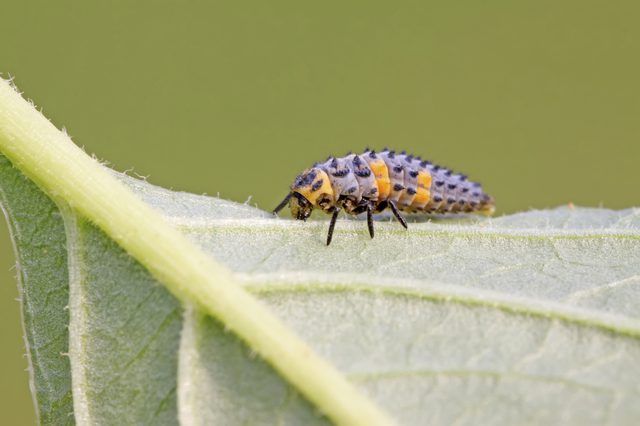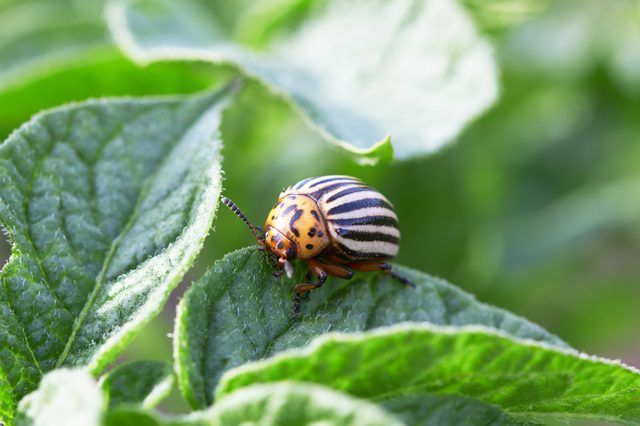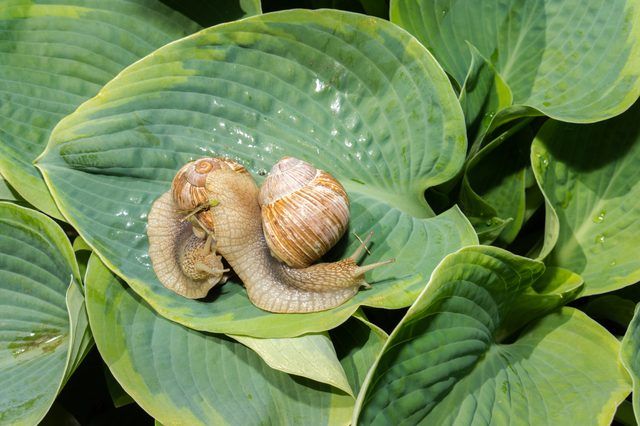Bulbs
Flower Basics
Flower Beds & Specialty Gardens
Flower Garden
Garden Furniture
Garden Gnomes
Garden Seeds
Garden Sheds
Garden Statues
Garden Tools & Supplies
Gardening Basics
Green & Organic
Groundcovers & Vines
Growing Annuals
Growing Basil
Growing Beans
Growing Berries
Growing Blueberries
Growing Cactus
Growing Corn
Growing Cotton
Growing Edibles
Growing Flowers
Growing Garlic
Growing Grapes
Growing Grass
Growing Herbs
Growing Jasmine
Growing Mint
Growing Mushrooms
Orchids
Growing Peanuts
Growing Perennials
Growing Plants
Growing Rosemary
Growing Roses
Growing Strawberries
Growing Sunflowers
Growing Thyme
Growing Tomatoes
Growing Tulips
Growing Vegetables
Herb Basics
Herb Garden
Indoor Growing
Landscaping Basics
Landscaping Patios
Landscaping Plants
Landscaping Shrubs
Landscaping Trees
Landscaping Walks & Pathways
Lawn Basics
Lawn Maintenance
Lawn Mowers
Lawn Ornaments
Lawn Planting
Lawn Tools
Outdoor Growing
Overall Landscape Planning
Pests, Weeds & Problems
Plant Basics
Rock Garden
Rose Garden
Shrubs
Soil
Specialty Gardens
Trees
Vegetable Garden
Yard Maintenance
Safest Pest Control Options to Protect Beneficial Garden Insects
Control insect pests in the garden using an integrated approach that includes less-toxic pesticides and non-chemical options without harming beneficial insects.
Controlling garden pests typically includes collateral damage. Beneficial insects, such as pollinators, predators and parasites, are susceptible to the same toxins in pesticides as insects that damage your plants. A common misconception is that organic pesticides are the "safest" pest control option. Not so, says Clemson Cooperative Extension -- some organic pesticides may be more toxic to people, pets and the environment than synthetic chemicals.
An Integrated Approach

To protect the "good" bugs and insects while controlling the "bad" ones, turn to integrated pest management for your war on garden bugs. IPM is not a one-size-fits-all insect control regimen or product, but rather a multi-pronged strategy that anyone master, even those new to gardening. Surprisingly, many pest control methods are not chemically based. So before you reach for a can of insecticide, start with chemical-free control methods.
Non-Chemical Options

Cultural controls. Primarily a pest control method for vegetable gardens, crop rotation is an effective, chemical-free way to manage some destructive insects. By planting crops from different plant families in the same garden space each year, you can disrupt some insects' life cycles. One example is the Colorado potato beetle, which attacks potato (Solanum tuberosum), tomato (Lycopersicon esculentum) and eggplant (Solanum melongena). After they spend the winter underground, the beetles emerge in spring to feed on these crops. But if a vegetable from another plant family is on the site instead, the beetles cannot feed or fly and they die.
Tip
Don't plant crops from the same plant family in the same garden area for at least three years.
Mechanical and physical controls. Mowing and mulching may not sound like pest-control strategies, but they work by reducing or eliminating an insect pest's habitat. Grasses and weeds harbor pests by providing food, shelter and places for insects to lay their eggs. By simply keeping grass and weeds mowed, you can make your garden less attractive to insect pests. When you apply mulch around your trees and shrubs, pull it away from the trunks and stems. Mulch that is mounded around tree trunks and plant stems creates soft, moist areas that are vulnerable to insect feeding.
Choosing 'Safer' Insecticides

Although any insecticide can potentially harm beneficial insects, some are classified as "safer" options. Unlike non-selective synthetic chemical pesticides, which may kill any insect they contact, biorational insecticides help protect beneficial insects by targeting certain pests.
Botanicals. Neem oil is a plant-based insecticide that is effective against whiteflies while being nontoxic to lacewings, which are beneficial insects that feed on whiteflies. Like other pesticides in the category of horticultural oils, neem oil coats the insects' exoskeletons and suffocates them. Apply a premixed, ready-to-use product containing neem oil directly to target insect pests. Spraying it on the plants and waiting for insects to walk across it won't kill them.
Microbials. Bacillus thuringiensis is a bacterium that lives in the soil. Different strains of Bt produce insecticidal toxins that kill target insects without harming beneficial species. For example, Bacillus thuringiensis var. israelensis kills mosquito larvae, but it is nontoxic to butterfly larvae and bees. If you have a backyard pond or water garden, you can use slow-release Bti "cakes" or "doughnuts" that float, dissolving partially to coat the water's surface before settling on the bottom. The mosquito larvae die after eating the insecticide.
Minerals

Diatomaceous earth is a mineral compound formed by prehistoric unicellular organisms, called diatoms. When insects and mollusks, such as snails and slugs, crawl across this powder, it kills them by cutting them with its razor-sharp edges and drying their bodies. Sprinkle DE powder around plants and reapply it after heavy rains.
Warning
Apply diatomaceous earth to the ground around plants, but don't apply it to flowers, where it can kill honeybees. Wear a face mask when you apply it.
Sulfur works against
plant diseases as well as some insect pests. Sulfur's versatility has stood the test of time. Approved as an organic insecticide, sulfur kills spider mites. Sulfur is a contact insecticide, which means you have to apply it directly to the spider mites -- not the plants -- to kill these pests. You can use ready-to-use dusts or sprays, but sprays are sometimes easier to apply than dusts, particularly on windy days. Sulfur sprays kill destructive spider mites, but they are not toxic to the beneficial mites that eat spider mites.
Warning
Sulfur is toxic to some plants, particularly in hot weather, so be sure to follow all label recommendations and precautions.